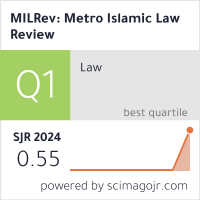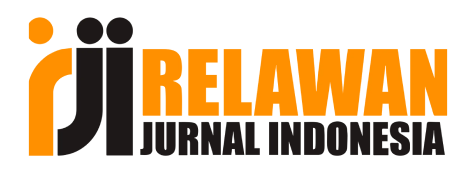Comparison of the Concepts of Democratic and Shura Systems of Government
DOI:
https://doi.org/10.32332/milrev.v2i1.6862Keywords:
Shura, Democracy, Government, SystemAbstract
The concept of a system of government of Democracy and Shura is often debated. Opinions related to the Islamic system of government are interconnected with the democratic system arises because in Islamic government, there is a concept of shura which is considered the same as the concept of democracy. Shura is a constitutional principle in Islamic nomocracy because, at the time of the Prophet SAW, the application pattern varied, then in the development of Islamic government. At the same time, democracy can be interpreted as a government managed by the people in a society. The people are important as the source of sovereignty and power. In this study, researchers describe the similarities and differences between democratic and shura government systems. In this study, the author used library research data collection techniques. Based on the research that has been done, it can be concluded that the difference between democratic and shura government systems is the source of democracy. The voice of the people is the legitimacy of the voice of God. Whereas in Shura, God's voice must be the people's voice. The similarity of the concept of shura with the idea of democracy is that they both recognize and respect the right of each individual to express an opinion. Conversely, both have the principles of equality, freedom, and justice in deliberation.










